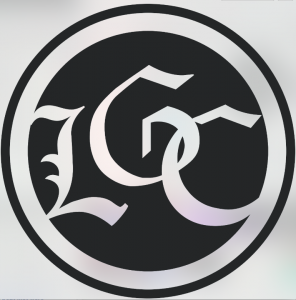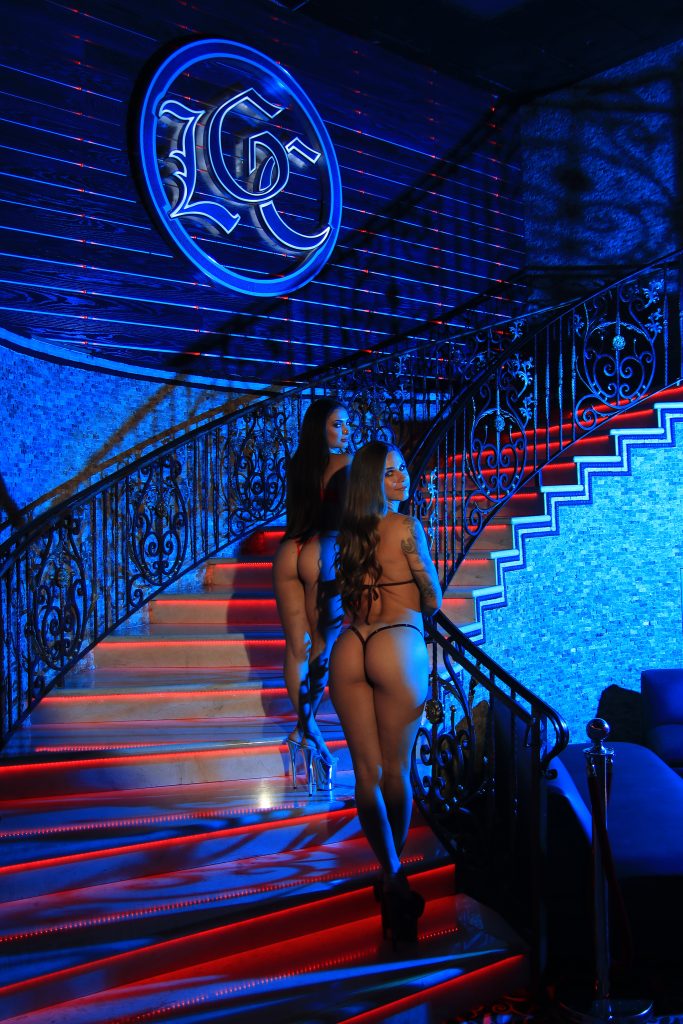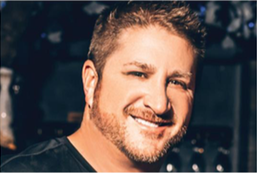(Note: This story appears in the March 2022 issue of ED Magazine)
David Bailey of the The Library club chain recognizes the need for adaptability to stay viable, and profitable, in the club industry.
The Library club chain owner David Bailey had an atypical childhood. His father, Mark, owned Captain Cream’s adult nightclub in Westminster (California), and David spent weekends growing up around the club’s dancers.
While Mark knew how he wanted things done at the club, David’s friends were the staff and entertainers, and he was in touch with what they were going through. This upbringing led to a highly in-touch club chain operator.
At 18, David started a video conferencing/phone sex company with his dad, operating 24/7 with dancers. When that evolved into less lucrative legal online gaming, David bought a failing pool hall/bar with a friend, turned it into a bikini bar, later going topless, and The Library clubs were born.
ED Magazine’s Larry Kaplan spoke with David about how his upbringing shaped his views as an owner/operator as well as the success of his The Library clubs.
ED: So you went right from software to club owner?
DAVID: It was like second nature to me. I live a reasonably healthy lifestyle. I don’t drink or do drugs. My dad never drank. That was my role model. I’ve been with my girlfriend for 15 years. In addition, I enjoy being friendly and having good relationships with everybody at the club, including the bathroom guy.
ED: Besides your dad, who else helped you along the way?
DAVID: I need to give Harry Mohney his props. I’m back in this business only because Harry took a leap of faith, selling me the Westminster club. When I bought it, I was broke. I had to scrounge to figure out how to pay for the club. But he and Jason (Mohney) believed in me.

ED: As I recall, you and your dad both managed that club for Deja Vu?
DAVID: I managed the Westminster club for three years. Then when the economy took a dump, I got fired. So I worked for my best friend, making clothing and boxing gloves. He had 200 boxing studios.
I sent Harry an email after Captain Cream’s closed to let him know an opportunity existed, if he took advantage of it, in Westminster, and offered to work part-time. He responded, why not just buy the club from me? Harry financed it, and I paid him off early. Right after that, they sold me Redlands. I’d like to think of Harry and my dad as mentors. However, I’ve taken my own spin on the industry.
Many people don’t reinvest back into themselves. They just suck out as much as possible. A club needn’t be dingy and gross. I’m constantly reinvesting into the clubs. We’ve got an LED wall that’s 60-feet long and 8-9 feet high. I’ve started doing that at all my clubs because I believe you must adapt or die, that’s how I look at this.
ED: How did you come up with the name The Library?
DAVID: I started the first The Library with my best friend, whose brother dated dancers. When he’d introduce them to his parents, he’d say they were librarians. So that’s where we got the name.
ED: I assume cab and rideshare payouts are significant costs for you in Vegas?
DAVID: With COVID, it’s lower but still the primary source of customers. Vegas customers are all about ego. Everyone walks around with champagne glasses and bottles in front of them. We couldn’t compete with 50,000-60,000 square-foot facilities. I tried the boutique club thing, and it wasn’t working. I realized there was only one nude juice bar in town, without competition. So I jumped from topless to nude. For me, it’s about revenue, doing numbers through the door. With COVID and most conventions canceled, it’s hard to determine whether we’ll succeed, but I’m optimistic.
ED: Talk about competition in your California markets?
DAVID: There are only two clubs in the Inland Empire. Our Redlands club controls that area. In Orange County, it’s competitive, but there’s not much around. The other clubs are older, dingy, or small. There’s a customer for everybody. I don’t have to be the biggest and best. But we do have the biggest, newest-looking clubs. Everything is well maintained and constantly being redone. And we treat people differently. Everybody seems to feel like family — the dancers, customers, employees — it’s a good feeling.
Topless clubs aren’t big in LA; it’s all nude. The mask mandate, which put a stranglehold on LA businesses, wasn’t enforced in Orange County, allowing us to continue operating. My Anaheim club had a big garage. During COVID, I operated all three clubs from the garage. We’d have 80-90 girls. The place was bumping. I had an air conditioner outside, pumping air through and four exhausts sucking air out. And I had roll-ups in the garage. It worked out well.
“I started the first The Library club with my best friend, whose brother dated dancers. When he’d introduce them to his parents, he’d say they were librarians. So that’s where we got the name.” — David Bailey
ED: What effect has AB5 had on you?
DAVID: It’s a shit show, but we’ve managed. Making everybody employees was hellish. In California, employment issues were always a nightmare. We created a system, and it works well. We cut hours to open at seven and close at two because of AB5. Most of our business is late-night anyways.
ED: What have you encountered with the Las Vegas club that’s surprised you?
DAVID: I can’t find waitresses and bartenders; nobody wants to work there. We have a waiting list to work at the California clubs. Those waitresses and bartenders do well. We don’t have turnover. My Westminster door guy’s been there for 18 years. Most managers and employees have been with us 6-12 years. Nobody leaves. It will be a retirement home soon.

ED: What are some specific advantages and challenges to operating multiple clubs?
DAVID: The hardest part is spending enough time at the farthest clubs. Going to Vegas is difficult; I’ll go once a month. But I’m at the OC clubs every day. My two OC clubs are the best, revenue-wise, followed by Redlands, which I haven’t visited recently. I’ve got a great manager who handles it, and I keep in close contact with them.
Fortunately, I’ve hired great managers and staff. You’ve got to be a good judge of character to succeed in this industry. That’s where communication comes in. I don’t think club owners communicate enough among themselves. We’re all doing the same thing. The closer the communication, the better off everybody is at the end of the day.
ED: How has the industry changed since you started?
DAVID: It’s much different. My dad’s first club had wood chairs, mirrored walls, giant televisions, etc. You just had one giant room with many tables and no VIP rooms. Today, it’s glitz and glamour. The availability of private areas is key to enticing people to come to your place. In the ‘80s, there was no bottle service. Who would spend $500 on a bottle of vodka? The most they’d buy was a bottle of champagne. Today, bottle service is a significant portion of our revenue.
I’ve tried bridging the gap between nightclub, strip club, and gentlemen’s club. When people go out, I want them to come to my clubs. I guess we’re somewhat similar to E11EVEN. People go to E11EVEN, and they stay there. They dance there; they get dances; it’s all-in-one. That’s what we strive for.
Larry Kaplan has for 21 years been the Legal Correspondent for ED Publications. In addition, Mr. Kaplan is a business broker in the sale and purchase of adult nightclubs and adult retail stores and the Executive Director of the ACE of Michigan adult nightclub state trade association. Contact Larry Kaplan at 313-815-3311 or email larry@kaplanclubsales.com.





























